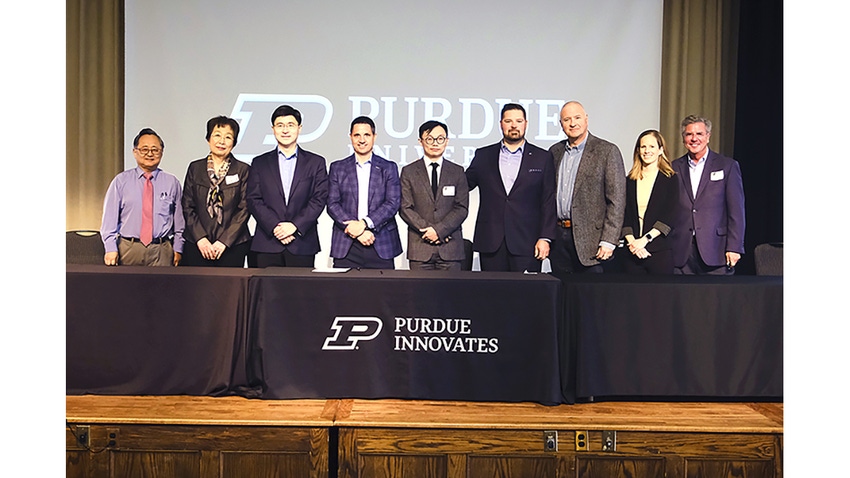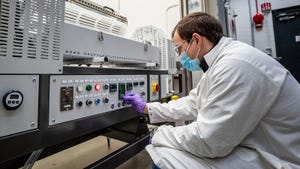Purdue and ReElement Transform US Critical Mineral Supply
ReElement and Purdue University unite to refine critical minerals domestically, boosting national security, sustainability, and economic growth with innovative technologies.

ReElement Technologies has secured an exclusive license to utilize patented technologies from Purdue University for the domestic refinement and sale of critical minerals pivotal in the production of modern, high-tech products. This significant development, announced during the Purdue Innovates Startup and Technology Expo 2024, marks a step towards reducing reliance on foreign sources for rare earth and battery elements, crucial components in various advanced applications.
By establishing domestic refining capabilities, the US could reduce reliance on foreign sources, enhancing national security and mitigating supply chain vulnerabilities. The adoption of Purdue's innovative technologies allows for more environmentally sustainable mineral extraction and processing methods, aligning with global sustainability objectives.
Environmental sustainability and economic growth
CEO Mark Jensen highlighted the pressing need for a domestic supply chain, citing both national security concerns and environmental considerations. With most rare earth and battery elements currently sourced from abroad, notably China, the move towards domestic production not only addresses strategic vulnerabilities but also aims to mitigate the environmental impact associated with traditional mining processes. Jensen stated, “First, not having a fully domesticated supply chain poses a national security concern. Second, traditional mining processes used in foreign countries are outdated and produce enormous amounts of pollution.”
ReElement President Ben Wrightsman emphasized the importance of establishing independent refining supply chains, reducing dependence on a single source. The partnership with Purdue promises innovative technologies that enhance extraction efficiency while minimizing resource consumption and waste generation.
Purdue Chemical Engineering Professor Linda Wang stated: “My students and I are thrilled that ReElement Technologies is bringing this method to separate and purify rare earth and battery elements to the market. Its impact will be felt not only by industry but by people who care about the environment.”
Wang’s team at Purdue has developed groundbreaking methods for separating and purifying rare earth and battery elements from diverse sources, including ores, postindustrial wastes, and recycled materials. These innovations boast superior efficiency, requiring less power, water, and hazardous chemicals compared to conventional methods.
Purdue's technologies commercialization
The expansion of ReElement's license agreement underscores the company's commitment to commercializing Purdue's technologies, with plans underway to construct a commercial facility in Marion, Indiana. Anticipated to employ over 250 full-time employees, this venture holds the promise of revitalizing domestic production while fostering economic growth in the region. With production slated to commence in late 2024, ReElement's endeavors signify a crucial stride towards achieving self-sufficiency in critical mineral supply chains, bolstering national resilience and sustainability in the process.
Mark Jensen, CEO, ReElement Technologies concluded, “ReElement and Purdue technology will ensure that finite resources and associated supply chains are now far more infinite and independent. These are critical to supporting the advanced energy economy in the US and globally.”
The creation of commercial-scale facilities, such as the one planned in Marion, IN, stimulates economic growth and job creation, supports local communities, and fosters innovation. Overall, this partnership signifies a crucial step towards achieving self-sufficiency in critical mineral supply chains, strengthening the US economy, and promoting technological advancement.
About the Author(s)
You May Also Like





